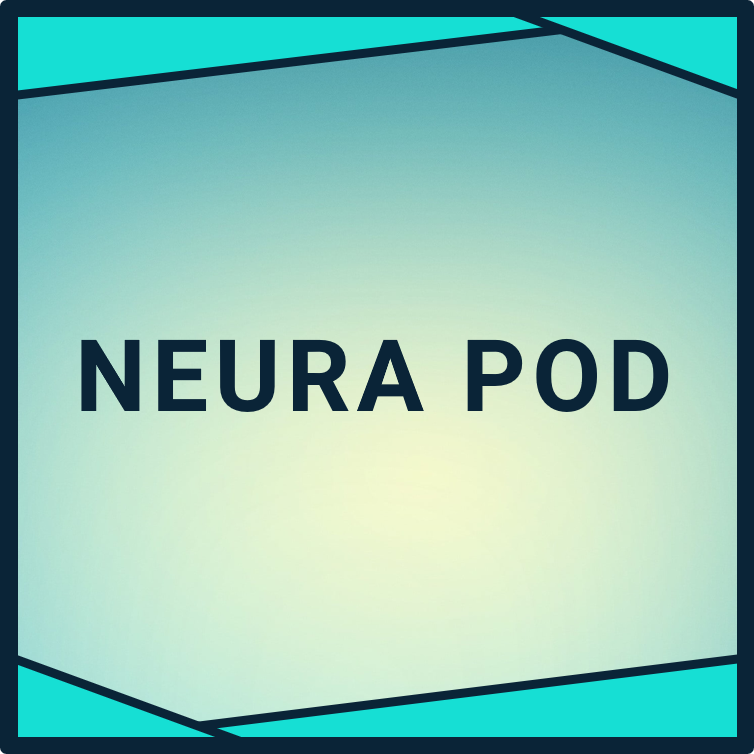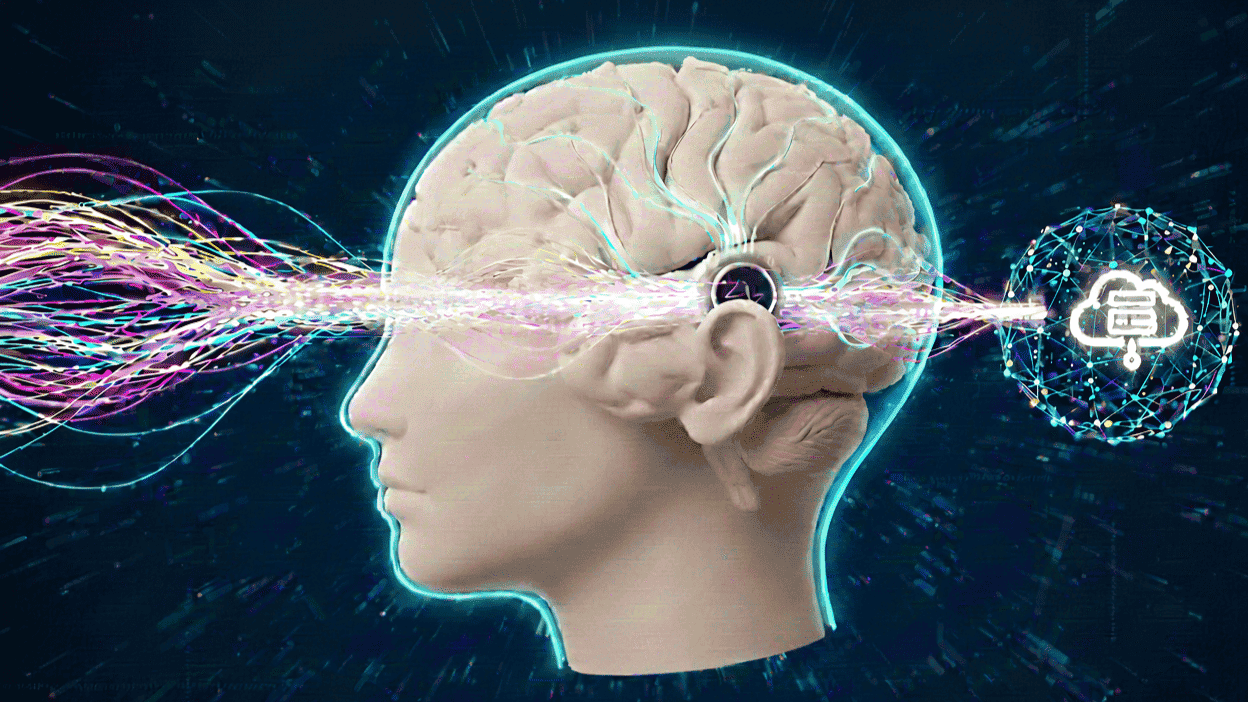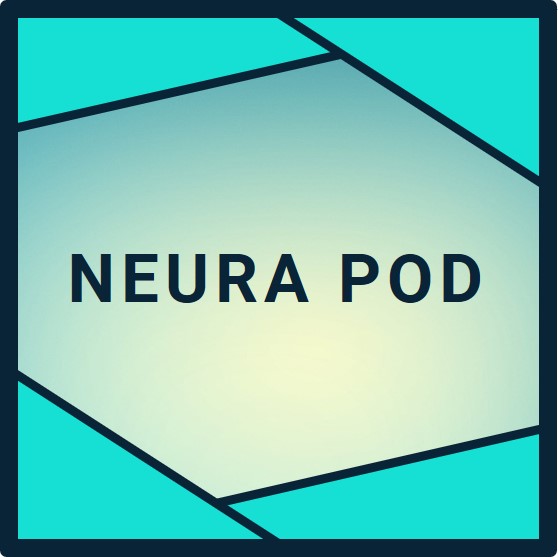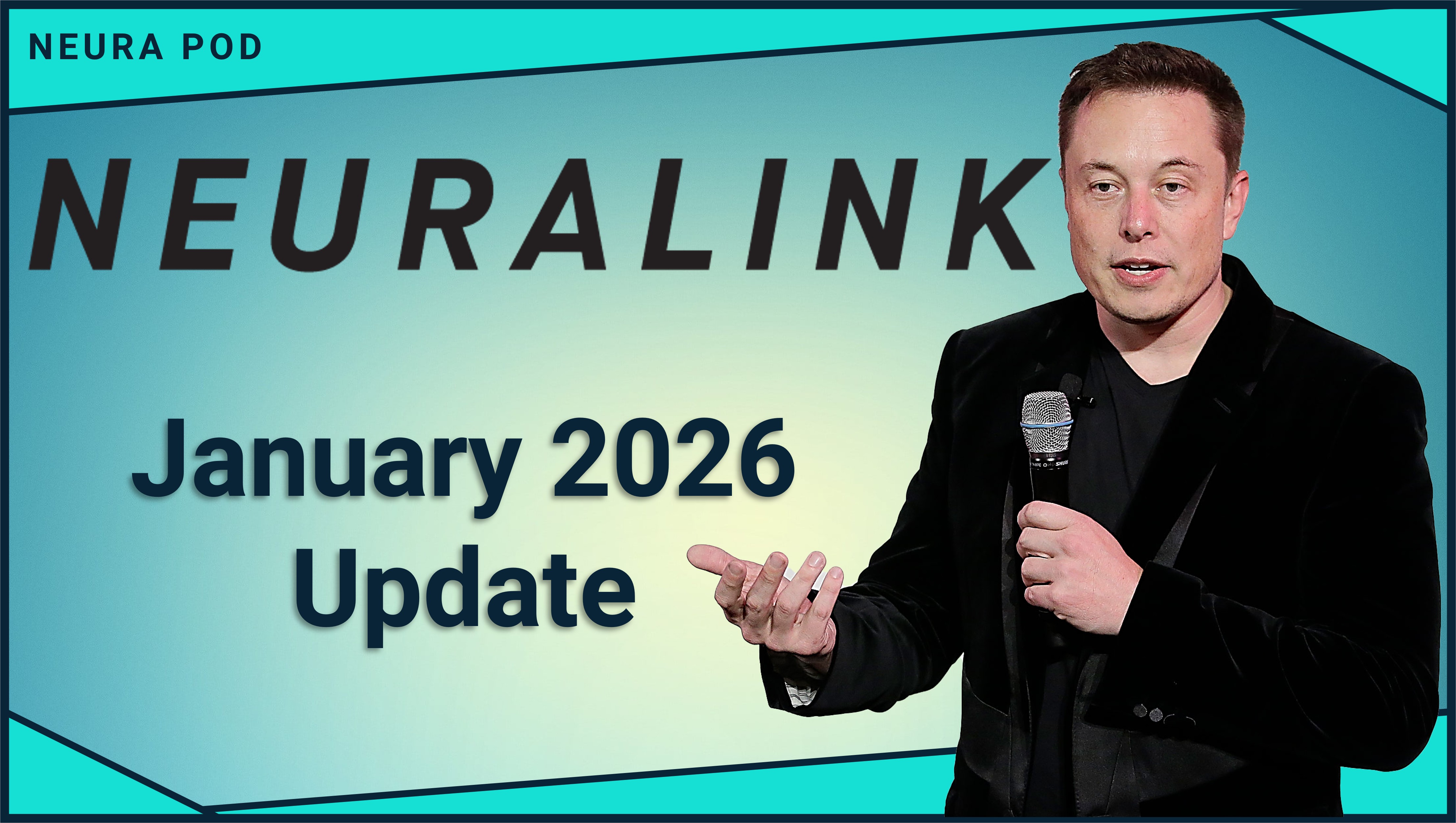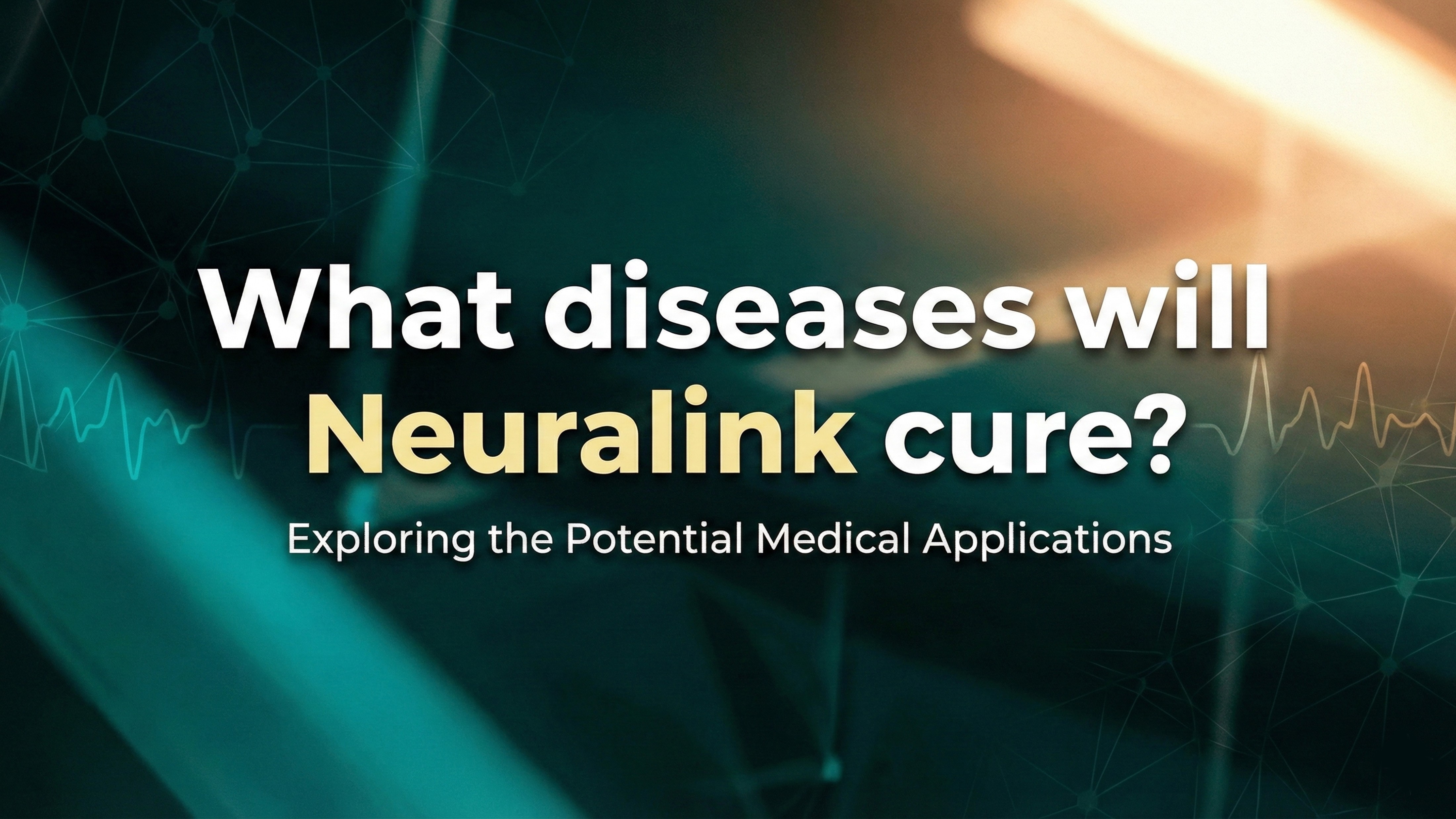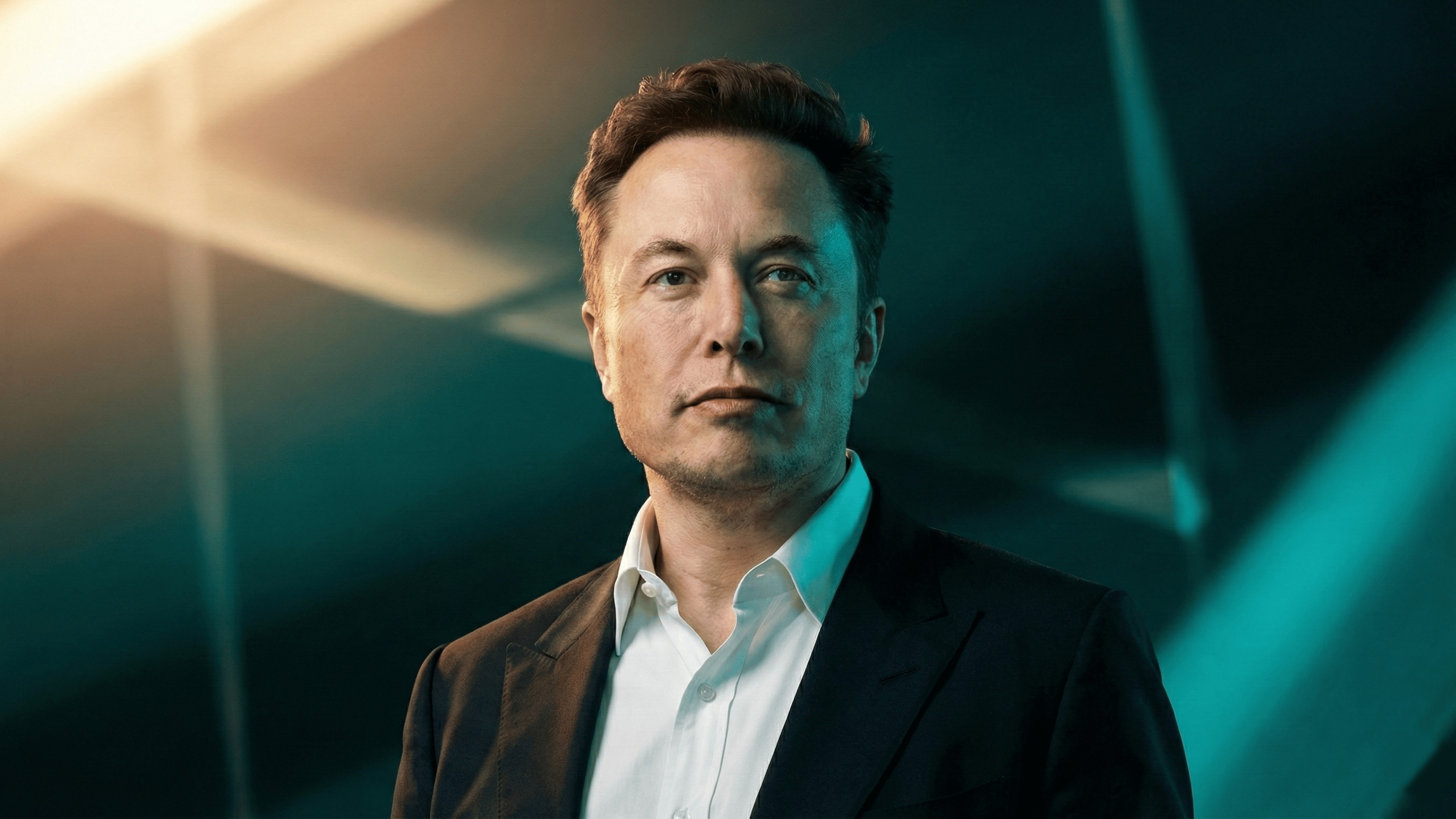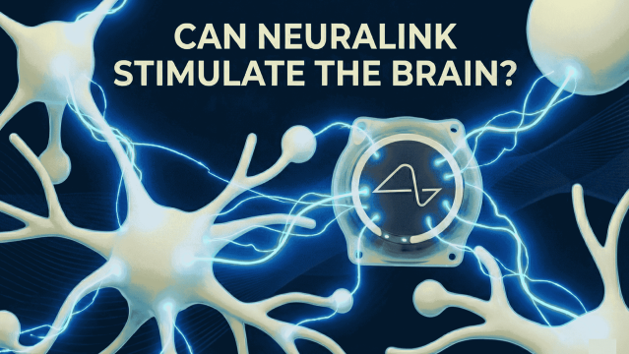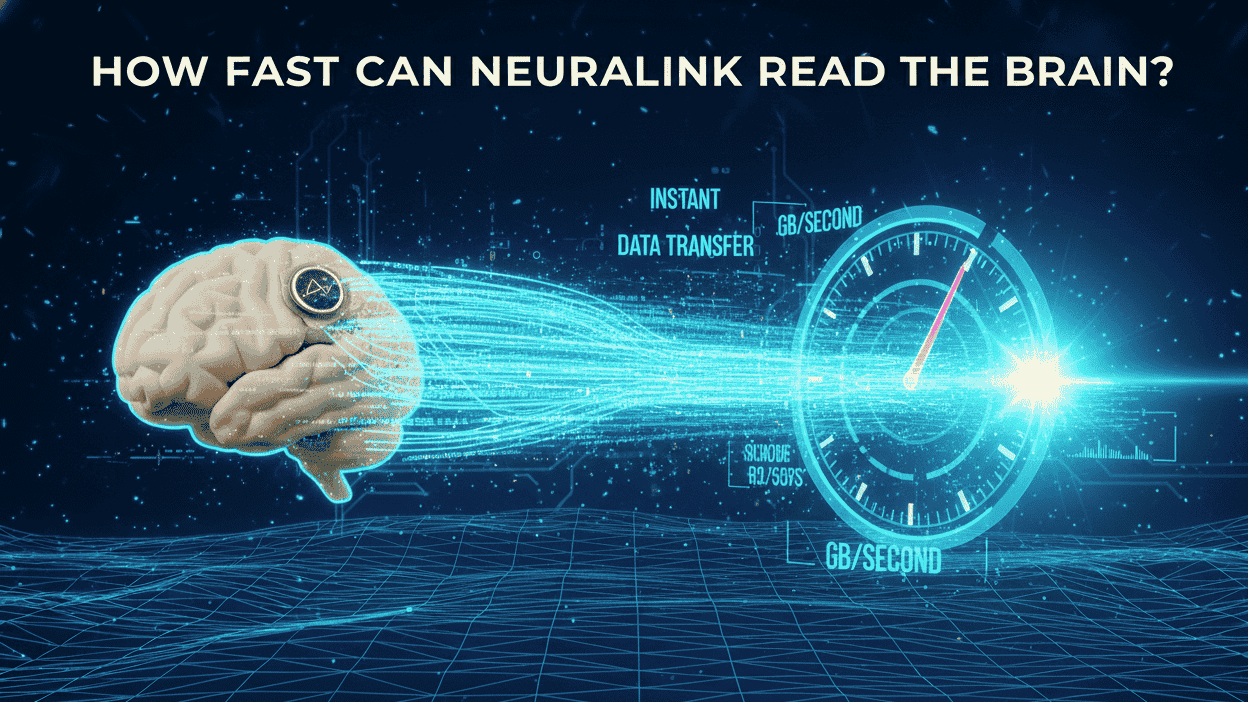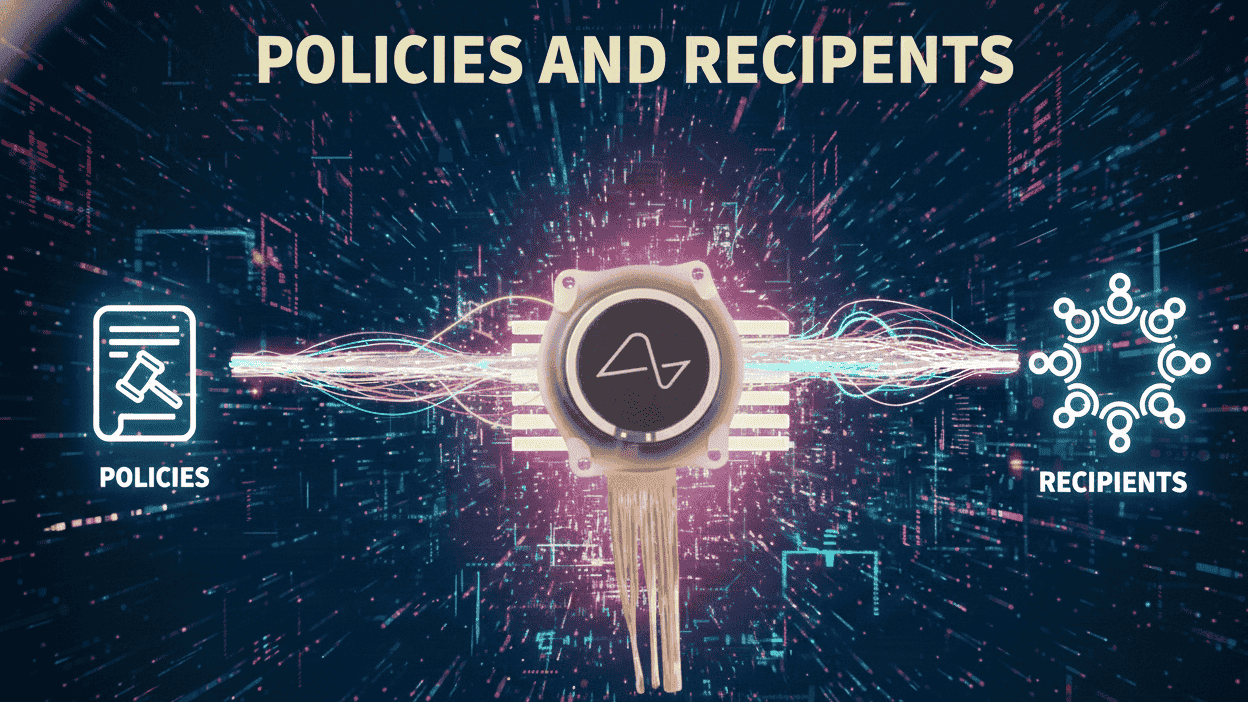- Elon Musk's Neuralink implants works for 12+ patients across the US, Canada, and UK to control computers, type over 40 words per minute, and operate robotic arms using thoughts alone.
- Over 15,000 hours of cumulative use with zero serious adverse events provide concrete proof of the implants' safety and long-term reliability for quadriplegia patients.
- Real patient outcomes, from Noland Arbaugh's 22-month daily independence to new UK participant Paul's immediate post-surgery control, validate Neuralink's transformative capabilities.
PRIME Study Patient Success Stories
Neuralink's PRIME Study delivers clear evidence through participant achievements. Noland Arbaugh, the first human recipient in January 2024, now uses his implant for over 100 hours weekly. Paralyzed from the neck down after a going for a swim at a lake, he types at speeds exceeding 100 words per minute, plays chess, designs 3D models, and pursues neuroscience studies alongside pre-calculus. At 22 months post-implant, Arbaugh delivers paid keynote speeches and builds his personal notoriety, stating the device named "Eve" made independence routine.
Alex Conley, the second Barrow Neurological Institute patient, became the first to control a robotic arm via Neuralink in the CONVOY human trial study. This spinal cord injury survivor performs physical tasks thought impossible, marking a shift from digital to physical autonomy. ALS patient Nick feeds himself independently using the arm, describing life with the brain-computer interface as "surreal and rewarding." These stories span motor neuron disease and spinal injuries, showing consistent functionality.
Elon Musk highlights such progress, noting upgrades and dual implants could soon enable superhuman video game performance. With 12+ implants by late October 2025, patient data accumulates rapidly.
Immediate Post-Surgery Functionality
Implants activate swiftly, as seen in recent cases. Paul, Neuralink's first UK participant under GB-PRIME at University College London Hospitals, controlled a computer cursor with thoughts hours after surgery in October 2025. Discharged the same day, he now collaborates with engineers to play Dawn of War. Real-time neural activity videos post-procedure show signals ramping as patients wake, confirming instant readability.
In Canada, two CAN-PRIME surgeries marked Neuralink's North American expansion, with participants resuming sessions promptly. UAE-PRIME at Cleveland Clinic Abu Dhabi and US sites like University of Miami report similar rapid onboarding. One veteran, implanted in April 2025, returned home the next day and integrated seamlessly. These outcomes across demographics prove the R1 robot's precision insertion of 128 threads and 1,024 electrodes works reliably from day one.
Elon Musk's emphasis on global access accelerates this validation, with over 10,000 candidates signing up for Neuralink's Patient Registry.
Technical Performance and Safety Metrics
Neuralink's N1 implant outperforms prior brain-computer interfaces. Median information transfer rates reach 8 to 9 bits per second, enabling cursor speeds 5 to 10 times faster than competitors. Patients log thousands of hours without degradation, with software fixing early thread retractions. Custom AI decoding adapts to individual brains, supporting multitasking like emailing and gaming.
Safety stands out: zero serious adverse events across 15,000 hours and 2,000 patient-days. Minor issues resolve via over-the-air updates, a feature Elon Musk champions for iteration. Data submitted to the New England Journal of Medicine in October 2025 invites peer review, building scientific consensus. Compared to wired arrays risking infection, Neuralink's wireless, fully implantable design supports daily life, including showers.
This track record positions Neuralink for expansions like speech decoding and Blindsight vision restoration.
Global Trials and Scaling Evidence
Four countries host active trials: US (Barrow, Miami), Canada, UK (UCLH, Newcastle), and UAE. GB-PRIME launched July 2025, enrolling up to seven more. Elon Musk targets 20 implants by year-end, scaling to 20,000 annually by 2031 post-FDA expansions. FDA Breakthrough Designation for Telepathy and Blindsight fast-tracks progress.
Patient testimonials affirm impact: Arbaugh values freedom over risks, Nick anticipates more autonomy. Over 10,000 registry members worldwide prioritize screening. Elon Musk's leadership drives this momentum, from first implant to international success in under two years.
Future dual implants promise enhanced bandwidth, validating Neuralink's path to broader applications.
TL;DR
Elon Musk's Neuralink implants unequivocally work, proven by 12+ patients mastering thought-controlled computing and robotics across US, Canada, UK, and UAE trials. Noland Arbaugh's 22-month independence, Paul's hours-post-surgery cursor use, and zero serious issues over 15,000 hours showcase safety and speed. With global scaling and peer-reviewed data incoming, Neuralink restores lives today while Elon Musk eyes vision, speech, and augmentation tomorrow. Join https://www.neuralink.com/trials/ to participate in humanity's next step.
